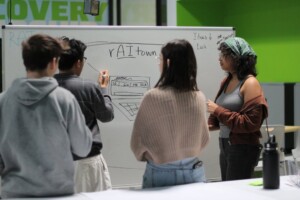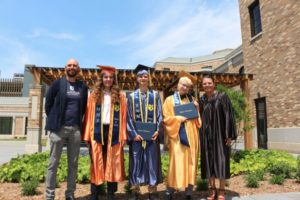5 Things I’ve Learned About Startups (& Life)

1. Find the right balance
2. Hit the window
You can work on an old problem or a new opportunity, but you usually have a small window to build a solution, demonstrate some traction, and create something that, as my Learn Capital partner Rob Hutter says, “authentically delights a community of users.”
To hit windows of opportunity you need context that requires you to learn broadly—obviously in your field, but also across disciplines. Most innovations aren’t primary, they are translational—stuff that worked in one field is a breakthrough in another. The key is pattern recognition of analogous problems and solutions. I’ve had good success with using book reviews with teams that I’ve led; every great book had something to do with our work together.
I’ve had two great team experiences in the last 30 years. Great teams are hard to build, but when you get the talent, trust and focus right the results are extraordinary. Take the time to get the right folks in the right jobs. Build reflective time into your meetings. Invest in development. Make a change quickly when it’s clear that there’s not a fit. A high-functioning team produces value and is the most rewarding professional experience you’ll ever have.
Instead of focusing on what’s in it for you (i.e., an extraction mindset), stay focused on making a contribution to your school or your company, and the education sector. You may miss a window, your project or company may even fail, but it’s really about making a difference. If you stay focused on adding value and are persistent you will have the opportunity to make a big impact.
The Pearson Foundation also launched Learning Starts today, a project focused on providing parents with relevant information about education and learning.







0 Comments
Leave a Comment
Your email address will not be published. All fields are required.